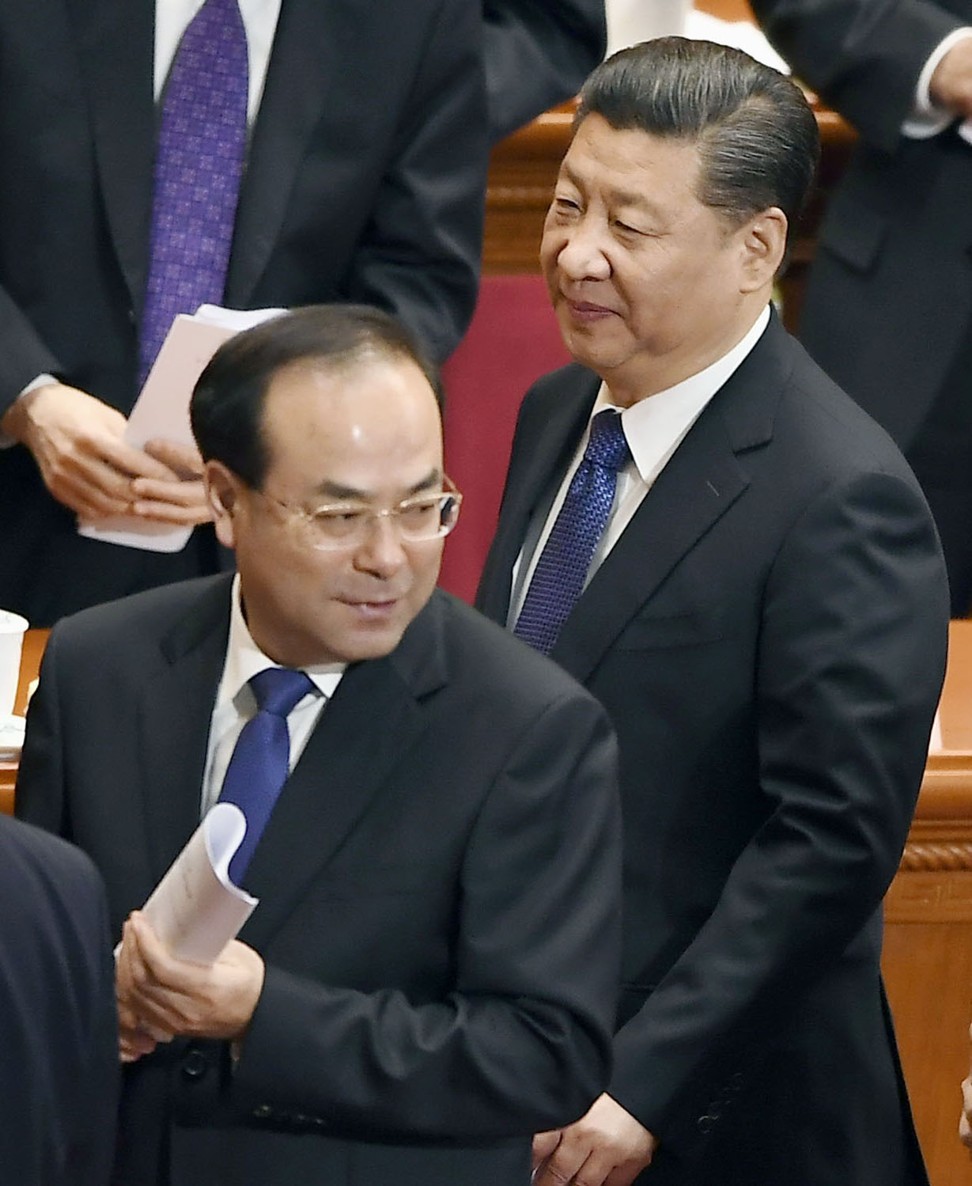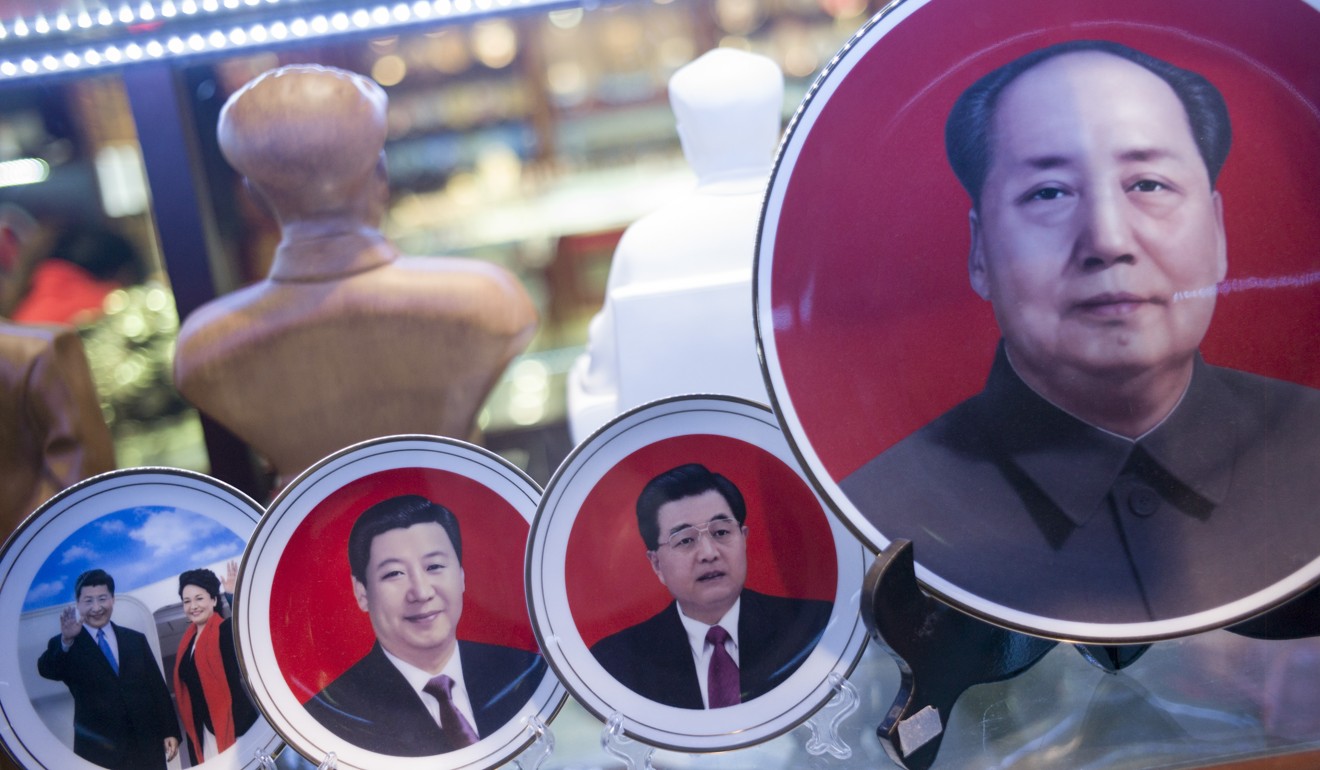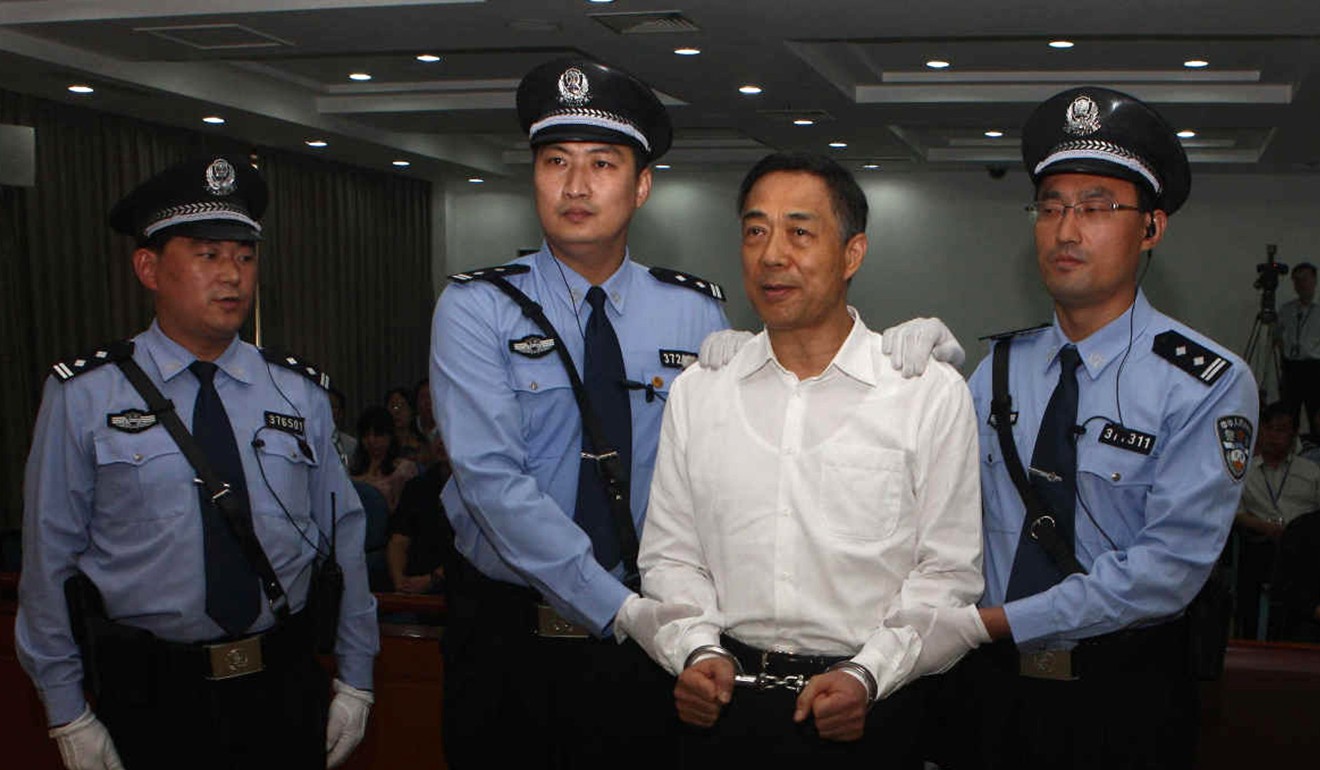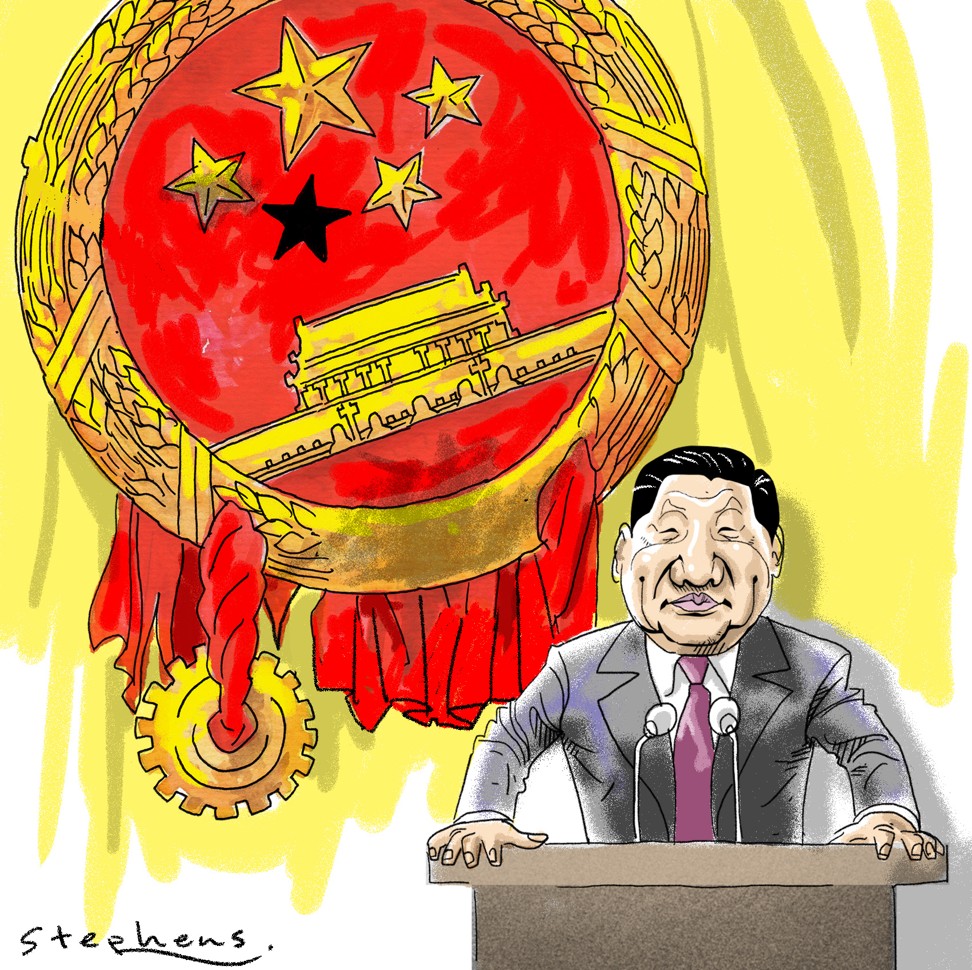
Why Xi Jinping must tackle the myth of princeling legitimacy to rule China
Lanxin Xiang says the damaging Mao-inspired campaign to establish the president’s authority and questions about the opaque anti-corruption drive indicate that, without serious reforms in the 19th party congress, Xi’s China Dream may be unsustainable
Xi has never liked the phrase popular in the West: “the rise of China”. He prefers “China’s restoration”, to explain the country’s spectacular rise after a free fall following the Opium Wars.
The idea of the China Dream is not original, for generations of modern Chinese have been pursuing a similar goal. But what is new is Xi’s method of doing so with the help of traditional values, while previous generations had defined the dream as a modernising, and hence an anti-Confucian, project.

The current regime has turned away from ideology, leaving self-preservation as the only purpose of the state
Of course, China is a big country, stability and order have to be the top priority for anyone to rule. The Chinese party-state is designed for control, and therefore it should not be surprising that it does not behave like a normal state. Most Western observers are interested in how China may become democratic, after having allegedly become capitalist. But China is not a capitalist country. The Chinese leadership never hesitates to insist that it is a “socialist market economy”, which means a socialist economy in which market mechanisms are adopted to a great degree, and a market economy with extensive state controls.
The Chinese state has two absolute priorities: the perpetuation of the regime itself, and the protection of the country’s territorial integrity.
China under Mao Zedong (毛澤東) was a state with an ideological mission. Mao was prepared to defend this ideology to the extent of even destroying the party apparatus itself when he thought it might be deviating from its true purpose.

The regime relies on two main strategies to preserve itself: purchasing legitimacy in the eyes of the people, and keeping down anything that can threaten the state’s hold on power. This requires a delicate balance that is becoming increasingly difficult for the regime to maintain.
Xi all powerful? What Trump needs to know about Chinese politics
A tiny group of intellectual charlatans and sycophants, very much like Rasputin ... have taken over the media
So far, the party propaganda machine has damaged Xi’s reputation, rather than enhanced his status. It has given rise to an eerie and precarious political atmosphere, in which a tiny group of intellectual charlatans and sycophants, very much like Rasputin in the last years of the Romanov empire, have taken over the media. They have been using the Cultural Revolution language of the 1960s to help strengthen a 21st century leader’s personal authority, while the majority of real scholars, intellectuals and party rank and file prefer to stay away, totally disgusted by them.

China’s princelings urge patience as President Xi Jinping seeks ‘complex’ change
Furthermore, the anti-corruption campaign seems to have created more challenges. Modern China’s debate on republicanism, after the demise of dynastic legitimacy, has focused on the question “who represents the moral centre of the state”? This is a true Confucian debate on legitimacy.
The biggest danger to the anti-corruption campaign comes not from the cornered and desperate amoral officials, the “tigers”, but from the undercurrent that could shift popular perceptions about the moral centre of the state.
The three groups of untouchables in China’s corruption crackdown
The lack of transparency about the plans to catch the tigers, on who will fill these vacated power positions and where the confiscated funds go, has led to much speculation. Even the party rank and file is now showing dissatisfaction with the political centre, and it is increasingly hard for the leadership to inspire confidence.
Worse, the arrogant behaviour of the red princelings – who claim they are not interested in money-grabbing, yet continue to build huge business empires through their unique access to bank loans – is undermining the credibility of the cultural restoration project.
Mainland tycoon has history of doing deals with big wheels
Does the leadership treat princelings differently from ordinary citizens? If it does, the political backlash will be seismic. The success or failure of the anti-corruption campaign ultimately depends on the establishment of a serious rule of law procedure and greater political openness, leading to some form of political pluralism compatible with the Confucian tradition.
In conclusion, in today’s China, the economic slowdown, demographic crisis, official corruption and foreign policies are the four major challenges to Communist legitimacy. These challenges can only be dealt with effectively through collective efforts, both within the party and society. If Xi fails to launch serious political reforms at the 19th Party Congress, the marriage between tradition and a nasty alien culture will render his cultural restoration campaign unsustainable.
Lanxin Xiang is a professor of international history and politics at the Graduate Institute of International and Development Studies in Geneva , Switzerland


